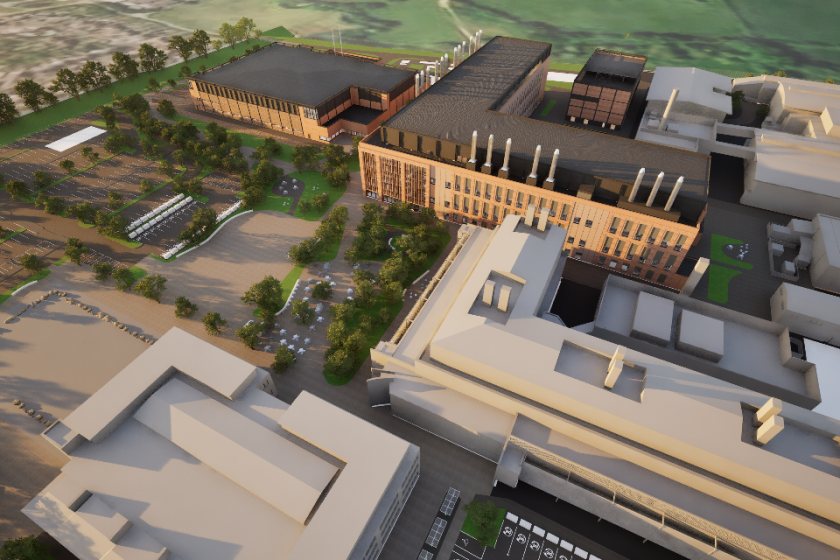
Britain is bolstering its defences against animal disease outbreaks with a record-breaking £1 billion investment in a cutting-edge National Biosecurity Centre.
Located in Surrey, the new scientific campus will become the UK’s premier animal biosecurity facility, supporting research, surveillance and rapid responses.
Diseases such as foot-and-mouth, avian influenza and African swine fever pose threats not only to livestock but to the economy and supply chains.
Livestock, meat and dairy exports alone contribute £16 billion annually to the UK economy, with a major outbreak potentially devastating rural communities and endangering national food supplies.
Animal-borne diseases are a growing risk globally: around 60% of human infectious diseases originate from animals, with around 75% of new or emerging diseases having zoonotic origins.
Announcing the £1 billion investment today (24 June), Defra Secretary Steve Reed said: “The first role of any government is national security.
"That is why we are making a record investment into the nation’s biosecurity capabilities, and in turn our national security, after years of chronic underfunding.
“Farmers and food producers will now be better protected from diseases, our food security strengthened, and public health better safeguarded against future pandemics."
The National Biosecurity Centre will modernise the country’s biosecurity infrastructure, much of which has been under strain at the Animal & Plant Health Agency's (APHA) existing labs in Weybridge.
Jenny Stewart, senior science director at APHA described the investment as "a vital milestone in the delivery of a world-leading facility that will protect the UK from animal disease threats for decades to come."
She emphasised the pivotal role of the Weybridge team, saying they are "at the heart of the UK’s disease surveillance and response capability and provide a global centre of expertise."
The scale of the funding will ensure that scientists can continue their crucial work "in modern, fit-for-purpose facilities, supported by the very latest technologies."
Preparatory works at Weybridge are already underway. Interim labs to maintain ongoing disease surveillance will be operational by 2027 and 2028.
Full-scale construction is due to begin in 2027, with the centre set to become fully operational by 2033/34.
